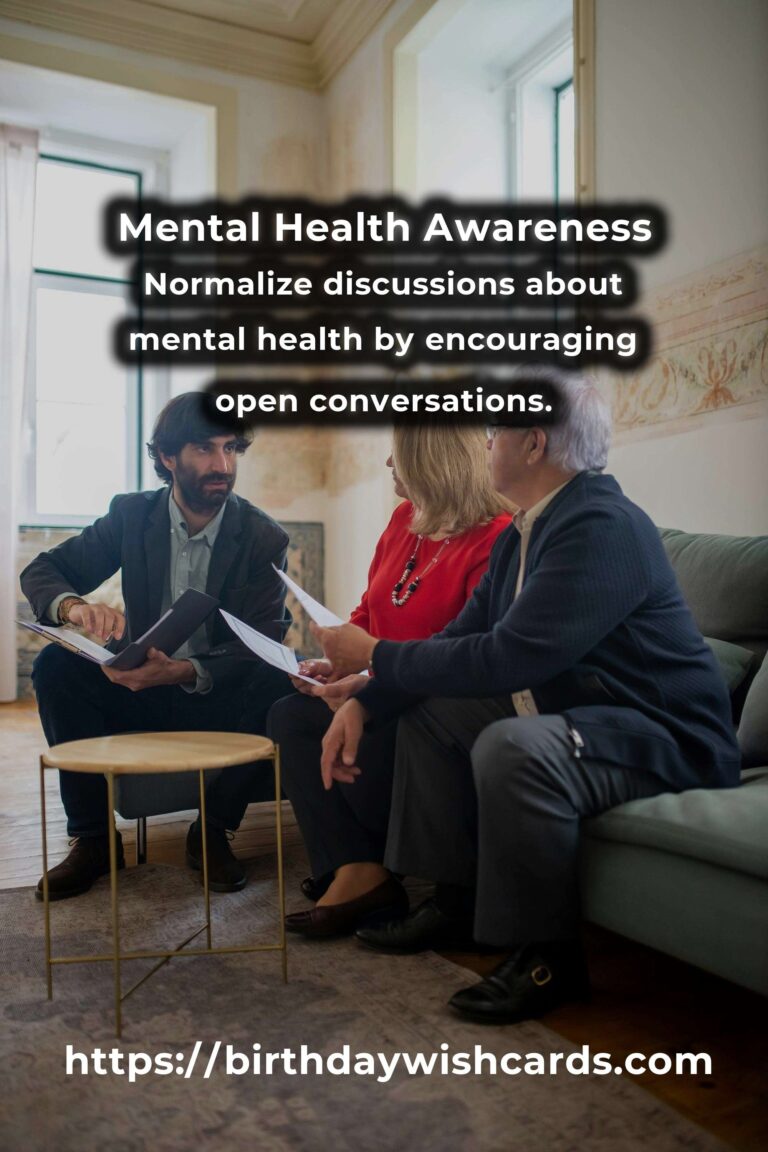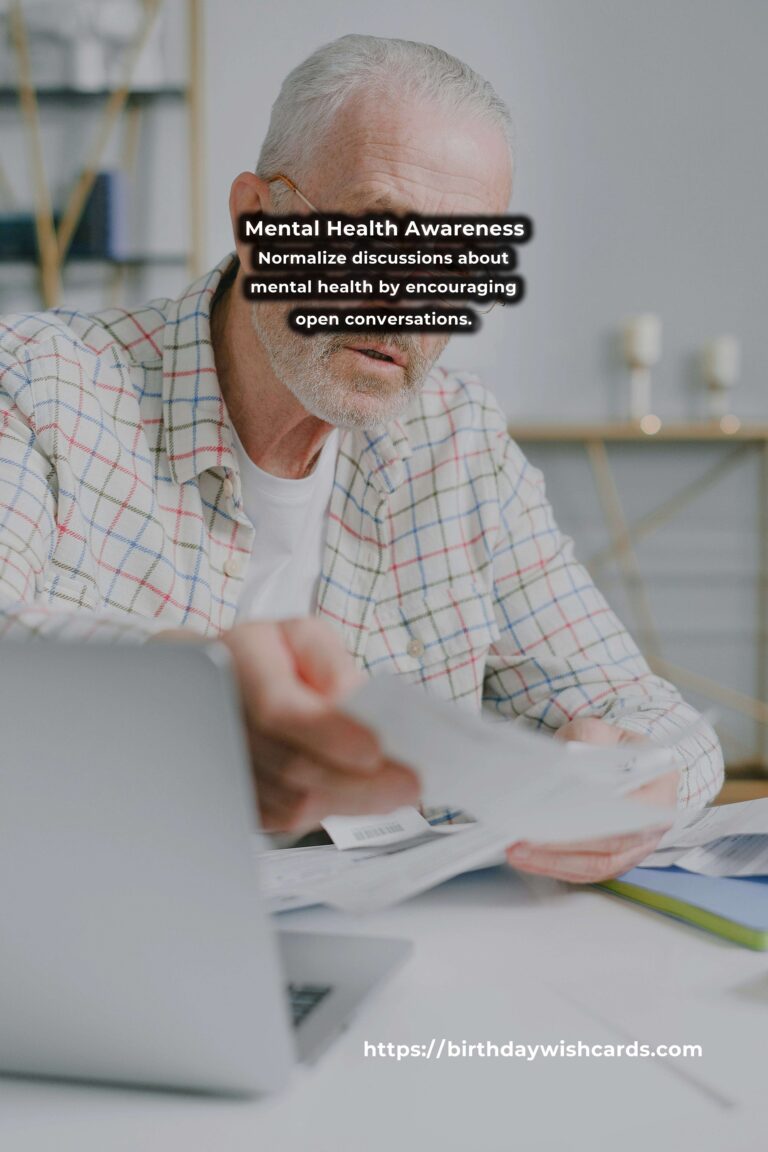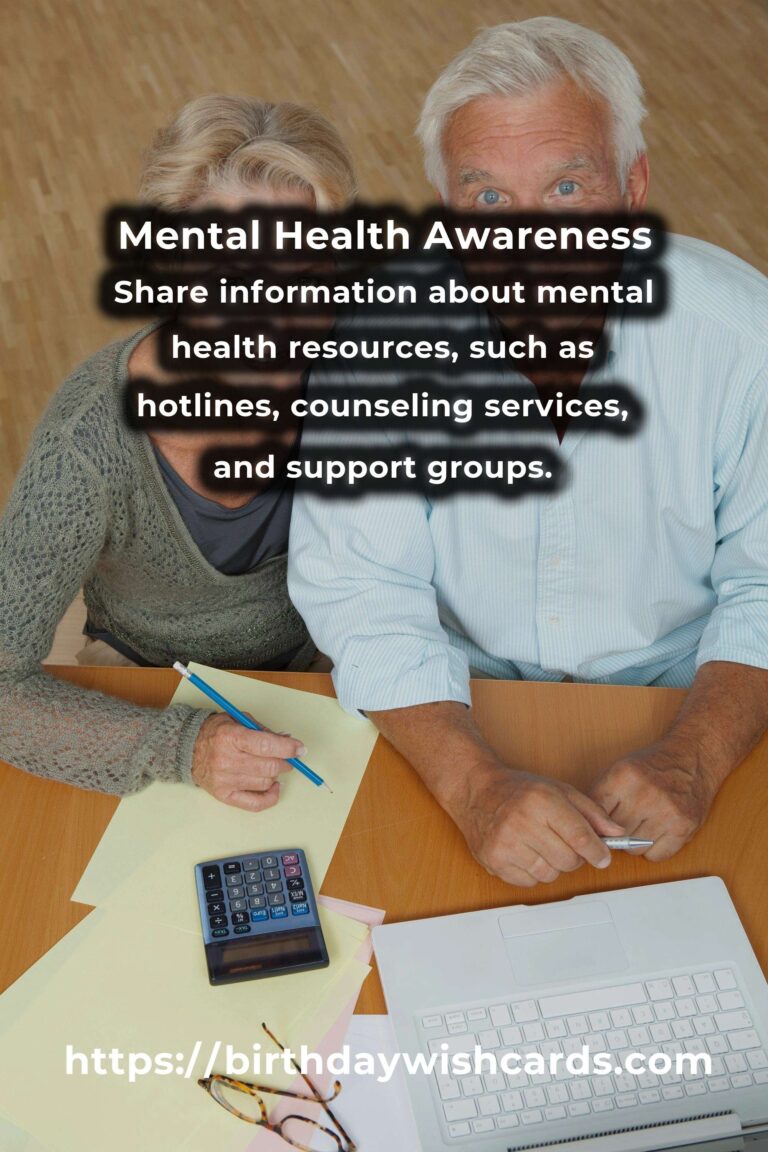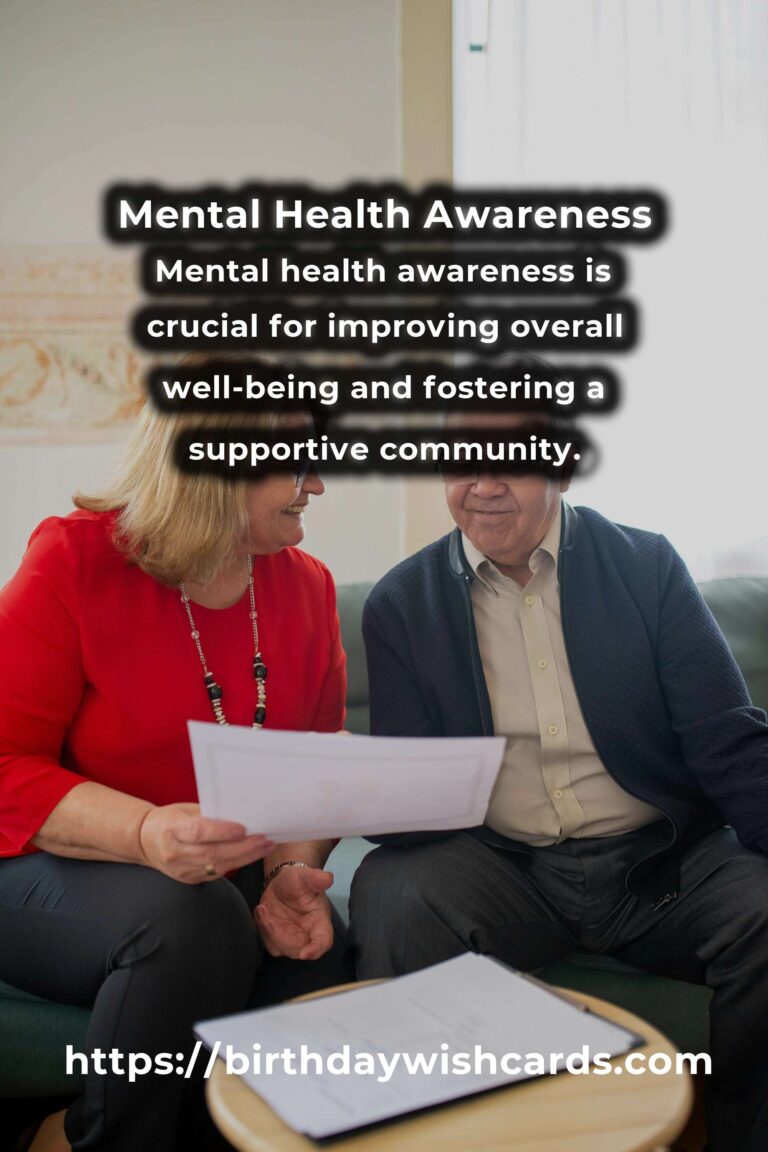
Mental health awareness is crucial for improving overall well-being and fostering a supportive community. By understanding mental health and promoting awareness, individuals can take proactive steps to ensure they and those around them maintain a healthy mental state. Here are 21 tips to help enhance mental health awareness.
1. Educate Yourself and Others
The first step in promoting mental health awareness is educating yourself about mental health issues. Take the time to learn about different mental health conditions, their symptoms, and treatments. Share this knowledge with friends, family, and coworkers to spread awareness.
2. Listen Without Judgment
When someone opens up about their mental health struggles, listen with empathy and without judgment. Providing a safe space for someone to express their feelings can make a significant difference.
3. Encourage Open Conversations
Normalize discussions about mental health by encouraging open conversations. By talking openly, you help reduce the stigma surrounding mental health issues.
4. Practice Self-Care
Self-care is essential for maintaining good mental health. Activities like exercise, meditation, and spending time in nature can help reduce stress and improve mood.
5. Be Supportive
Offer support to those who may be struggling with mental health issues. Whether it’s accompanying them to a therapy session or simply being there to listen, your support can be invaluable.
6. Promote Mental Health Resources
Share information about mental health resources, such as hotlines, counseling services, and support groups. Making these resources accessible can encourage individuals to seek help when needed.
7. Advocate for Policy Changes
Support policies that prioritize mental health care access and funding. Advocacy can lead to systemic changes that benefit everyone.
8. Challenge Stigmatizing Language
Be mindful of language that stigmatizes mental health conditions. Correct and educate others when you hear terms that contribute to negative stereotypes.
9. Implement Mindfulness Techniques
Mindfulness practices, such as meditation and deep breathing, can help reduce anxiety and improve focus. Incorporate these techniques into your daily routine to enhance mental well-being.
10. Foster a Supportive Environment
Create environments—whether at home, work, or in social settings—that are supportive and inclusive. A supportive environment can encourage individuals to seek help and share their struggles.
11. Volunteer
Volunteer with organizations that focus on mental health. Doing so not only helps others but also increases your understanding and empathy.
12. Use Social Media Positively
Leverage social media to spread mental health awareness. Share informative content, personal stories, and positive messages to reach a broader audience.
13. Balance Work and Life
Maintain a healthy work-life balance to prevent burnout and reduce stress. Prioritize time for hobbies, relaxation, and social activities.
14. Recognize Warning Signs
Learn the warning signs of mental health issues, such as changes in mood, behavior, and energy levels. Early recognition can lead to timely intervention.
15. Encourage Professional Help
Encourage those struggling to seek professional help. Therapy and counseling can provide effective strategies for managing mental health conditions.
16. Share Your Story
If comfortable, share your personal experiences with mental health. Personal stories can inspire and encourage others to open up about their struggles.
17. Practice Gratitude
Regularly practicing gratitude can improve mental health by fostering positive thinking. Consider keeping a gratitude journal or sharing what you’re thankful for with others.
18. Support Mental Health Days
Advocate for mental health days at work or school. Allowing individuals to take time off to focus on their mental well-being can prevent long-term issues.
19. Educate the Younger Generation
Teach children about mental health from an early age. Education can help them develop coping skills and reduce stigma as they grow.
20. Engage in Physical Activity
Regular physical activity can drastically improve mental health by reducing symptoms of anxiety and depression. Find an activity you enjoy and make it a regular part of your routine.
21. Celebrate Progress
Celebrate small victories and progress in mental health awareness, whether personal or communal. Acknowledging progress can provide motivation and encouragement for continued efforts.
By implementing these tips, you can contribute to a more mentally healthy community. Remember, awareness is the first step towards change, and every small action counts.
Mental health awareness is crucial for improving overall well-being and fostering a supportive community. Normalize discussions about mental health by encouraging open conversations. Offer support to those who may be struggling with mental health issues. Share information about mental health resources, such as hotlines, counseling services, and support groups. Celebrate small victories and progress in mental health awareness.
#MentalHealth #WellBeing #MentalHealthAwareness #SelfCare #Support













